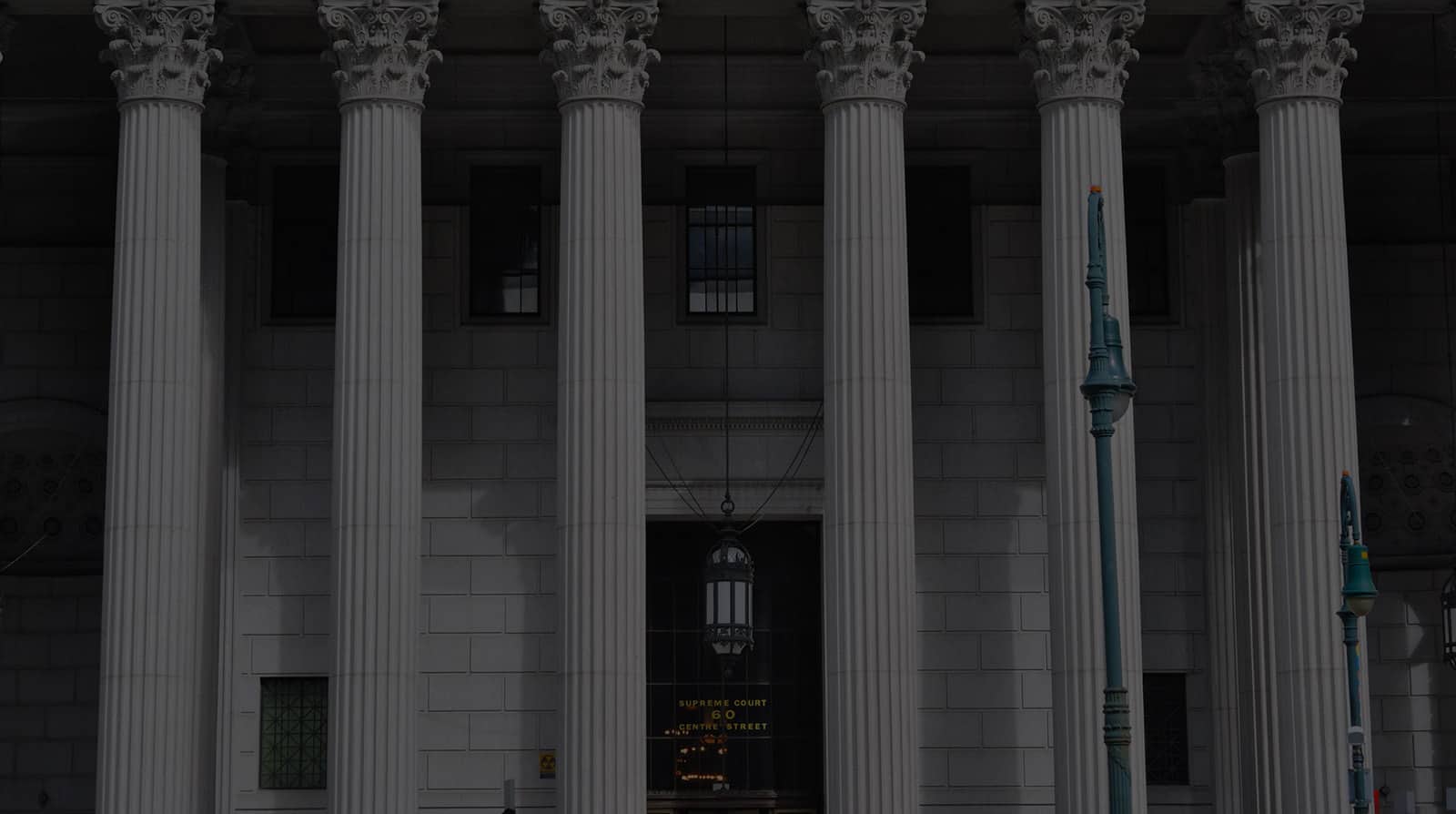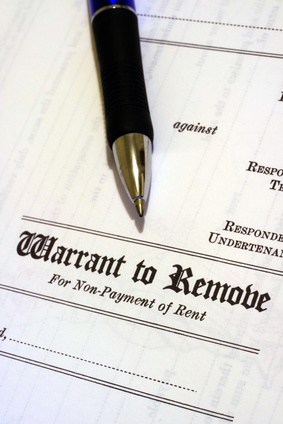Before you bring an eviction action to remove a tenant for non-payment of rent in the Town of Smithtown, there are certain things you must know. First, you must be…
James D. Murtha, Esq.November 26, 2017
Before you bring an eviction action to remove a tenant for non-payment of rent in the Town of Huntington, there are certain things you must know. First, you must be…
James D. Murtha, Esq.November 26, 2017
Before you bring an eviction action to remove a tenant for non-payment of rent in the Town of Babylon, there are certain things you must know. First, you must be…
James D. Murtha, Esq.November 26, 2017
As with most legal questions, the answer to this commonly asked question is it depends. Many tenants in Nassau County and Suffolk County who end up being respondents in our landlord-tenant…
James D. Murtha, Esq.November 26, 2017
Purchasing residential homes that have been the subject of foreclose proceedings at court-ordered auctions is becoming more and more popular on Long Island. It is a fast way to acquire…
James D. Murtha, Esq.November 25, 2017




